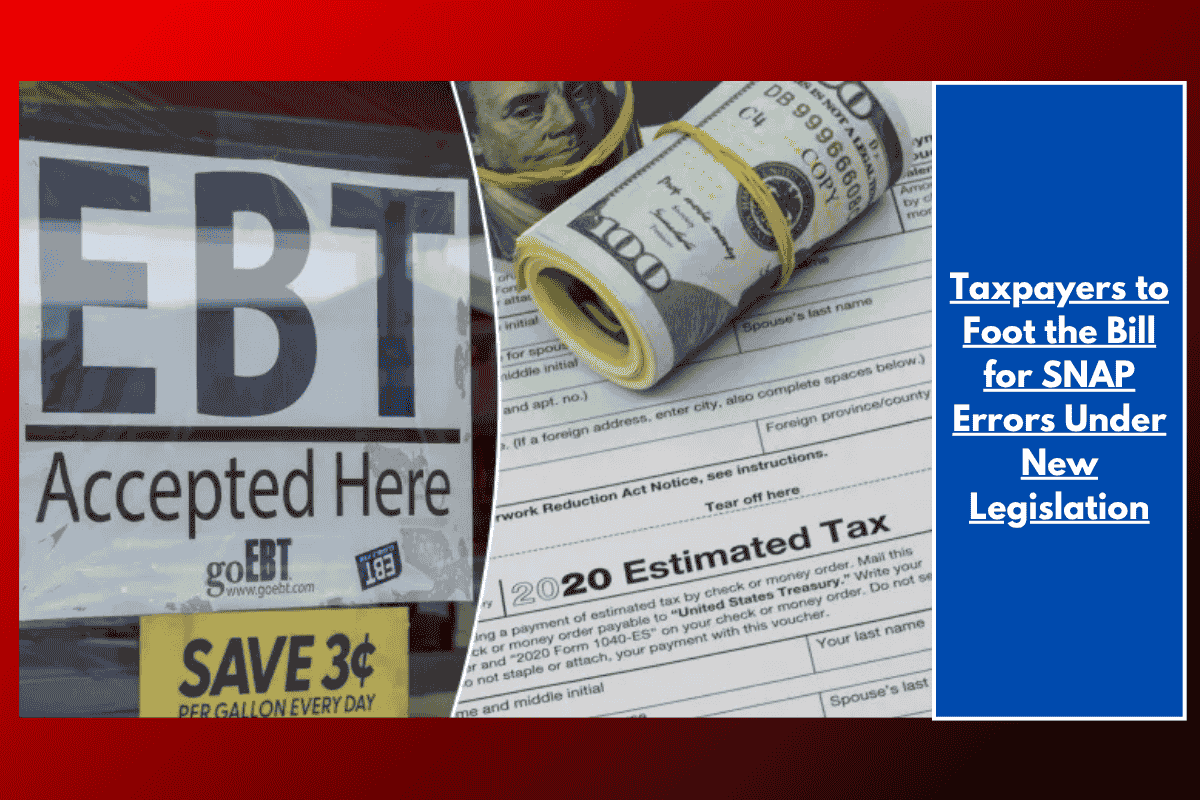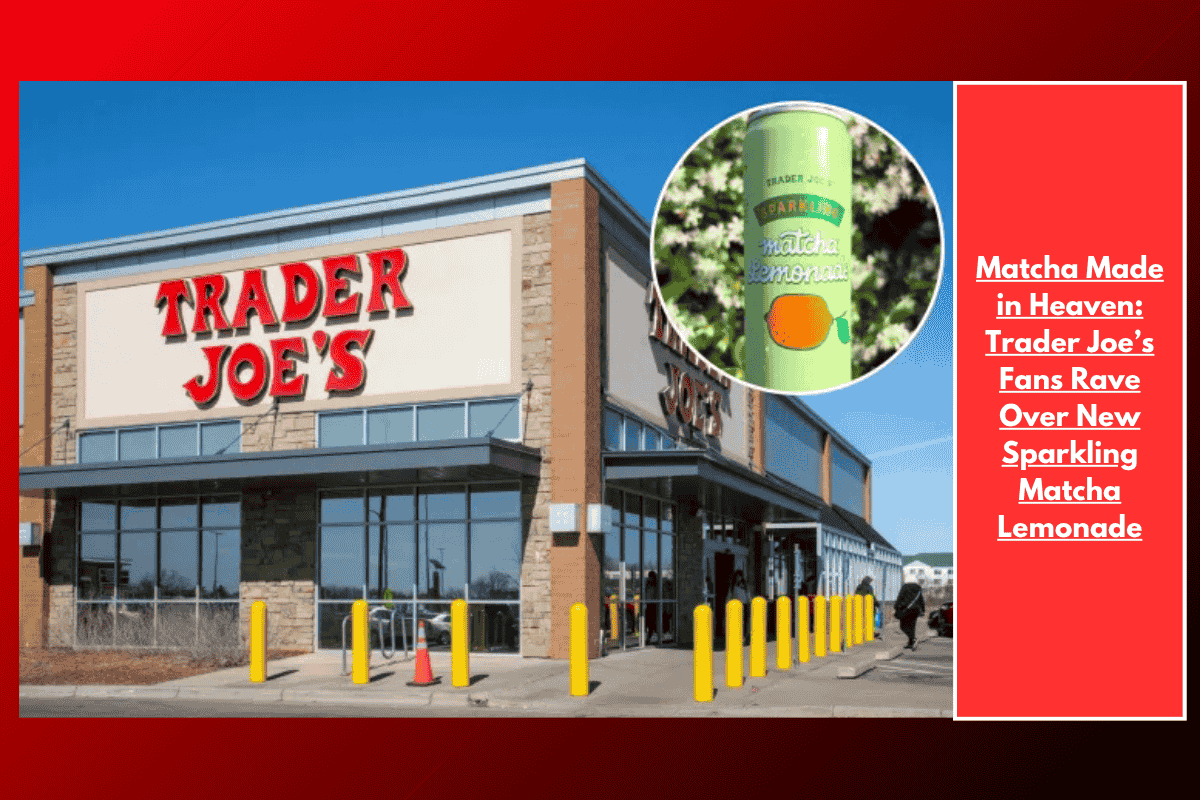Del Monte Foods, a household name and major player in the canned food industry, has officially filed for bankruptcy protection after nearly 140 years in operation. Known for its iconic canned fruits and vegetables, Del Monte has been a staple on the shelves of retailers such as Walmart and Target. However, shifting consumer behavior, supply chain disruptions, and rising operational costs have contributed to the company’s financial struggles, leading it to seek bankruptcy protection under Chapter 11 proceedings.
A Historic Decline
Founded in 1886 in California, Del Monte Foods grew to become one of the largest producers, distributors, and marketers of packaged fruits and vegetables in the U.S. Despite its long history and iconic status, the company has faced mounting challenges in recent years, including a decline in its private label business and excessive debt. Del Monte’s debts are estimated to range between $1 billion and $10 billion.
The company’s financial troubles have been compounded by inflation, rising production costs, and trade wars that have hurt the entire canned goods industry. The tariff hikes, particularly those on steel and aluminum, have made production more expensive, while also intensifying competition from store brands that many retailers are focusing on to keep prices low.
Del Monte’s Turnaround Efforts
Despite its financial difficulties, Del Monte Foods has tried to reverse its fortunes over the past few years. These efforts have included layoffs, shutting down some production facilities, and restructuring its debt. However, these efforts have not been enough to stem the tide of losses, and the company has now become the fourth food and beverage company to file for bankruptcy this year.
To help fund its restructuring efforts and keep its operations running during the bankruptcy process, Del Monte Foods has secured $912.5 million from its lenders. The company’s CEO, Greg Longstreet, emphasized that the bankruptcy process is a “strategic step forward” and said the sale process will help the company emerge with a stronger financial position.
The Impact of Bankruptcy
This bankruptcy filing is another sign of the difficulties many long-standing companies are facing in today’s volatile economic environment. Del Monte Foods has been hit especially hard by a combination of challenges, including lower sales, increased debt, and higher promotional spending. As consumers continue to shift away from traditional canned goods in favor of more fresh or convenient options, Del Monte’s classic products have become less competitive in the modern food market.
The bankruptcy also highlights the wider difficulties in the food and beverage sector. Del Monte Foods is not alone in facing these struggles—other companies, including competitors in the canned food industry and retail sectors, have also filed for bankruptcy this year, citing similar economic pressures.
Looking Forward
Despite the bankruptcy, Del Monte Foods remains committed to its mission of providing nutritious, great-tasting food. The company’s restructuring plan aims to stabilize its operations and, ideally, find a buyer who can help secure its future. While the company has faced setbacks, its decades of legacy in the food industry could position it to recover and eventually thrive again.
As the bankruptcy process continues, Del Monte Foods will work to rebuild its operations and improve its financial position, ensuring that it remains a key player in the packaged food market, despite the challenges it has faced in recent years.














